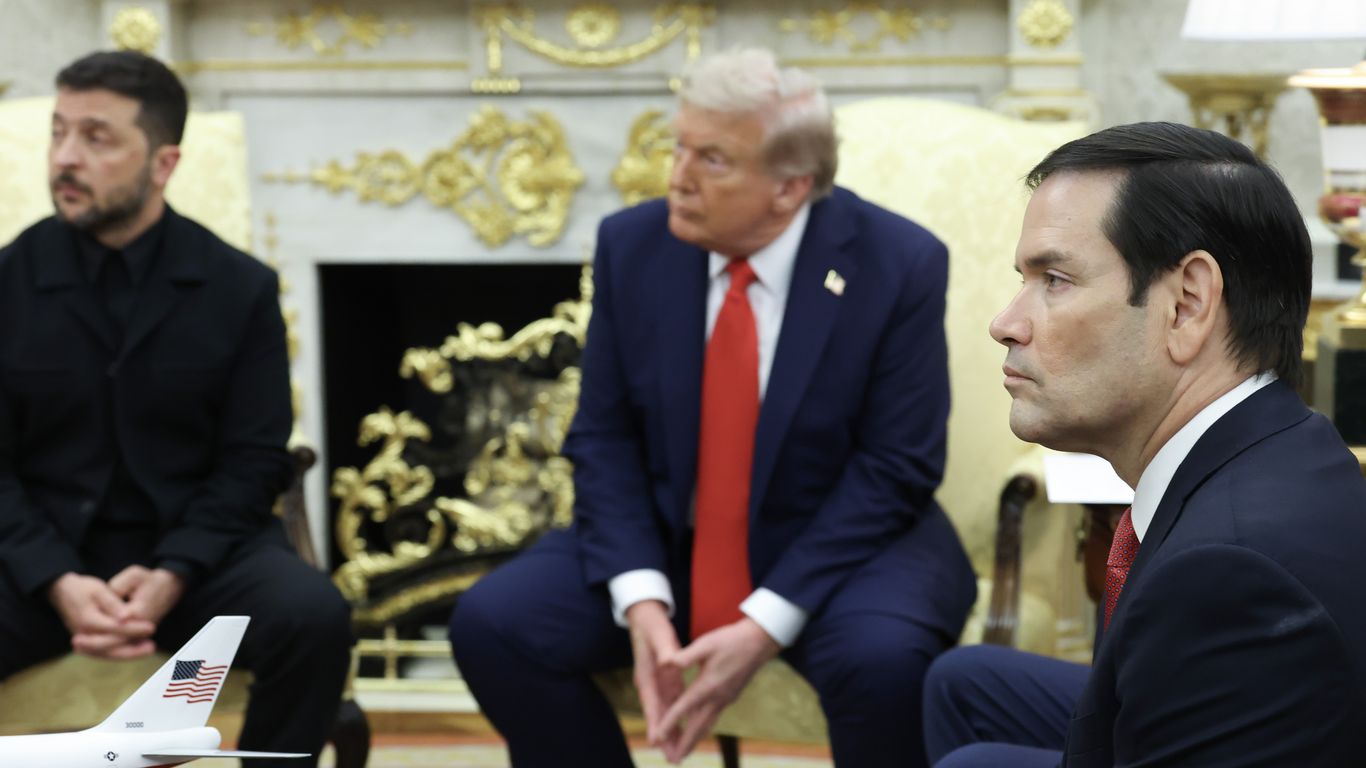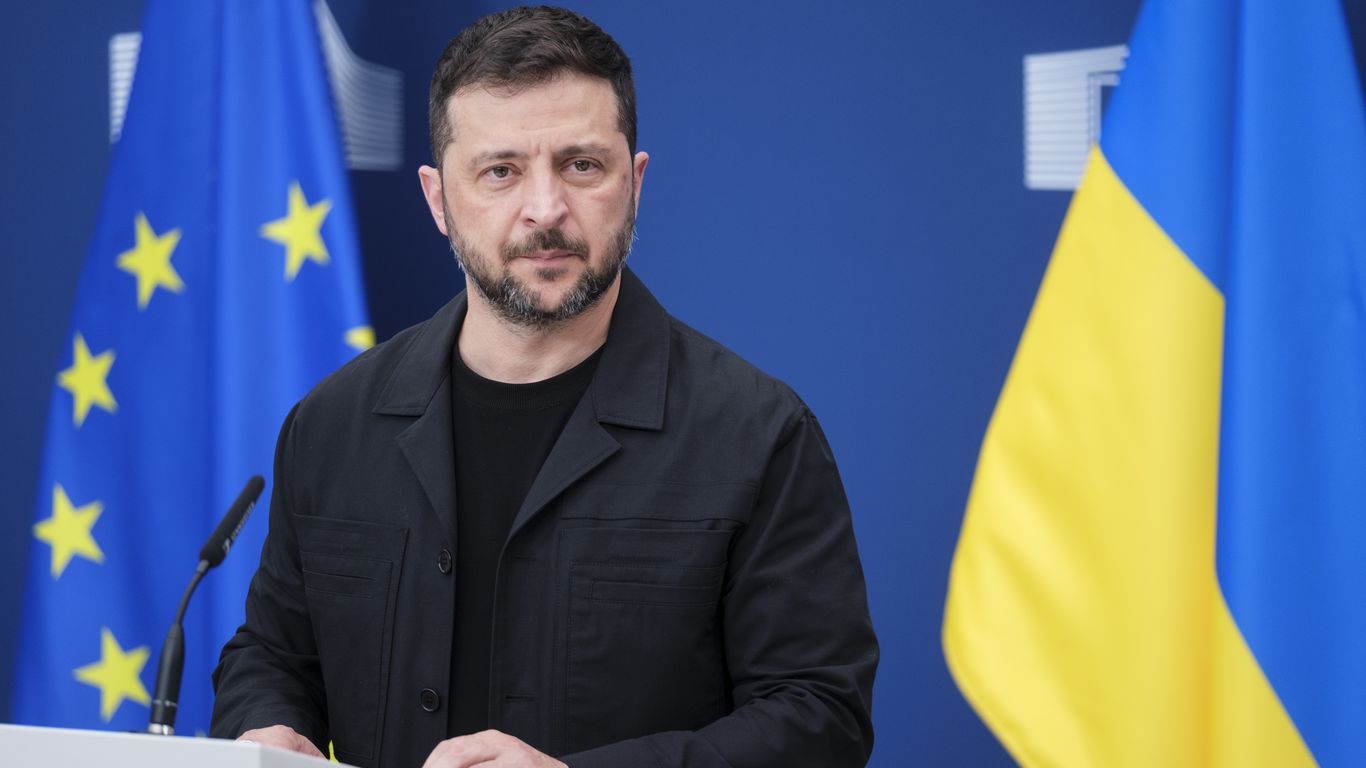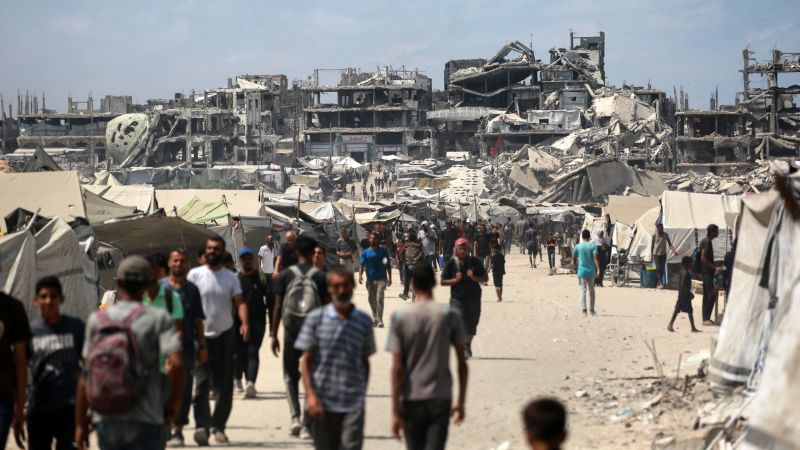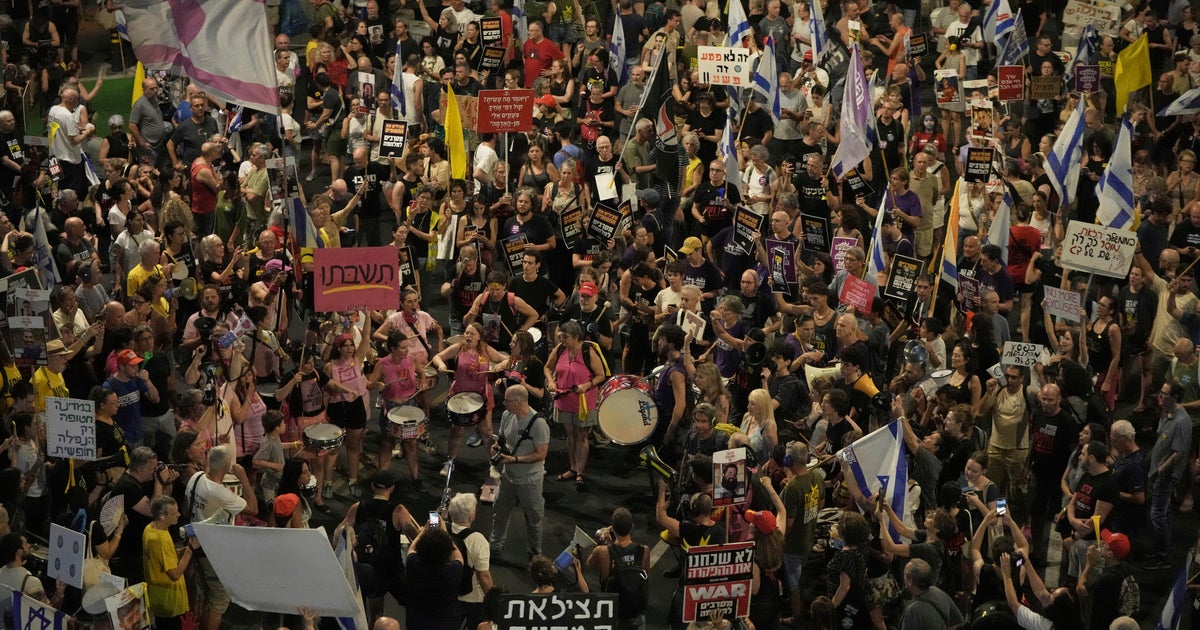Outrage Over Sudan's WFP Convoy Bombing
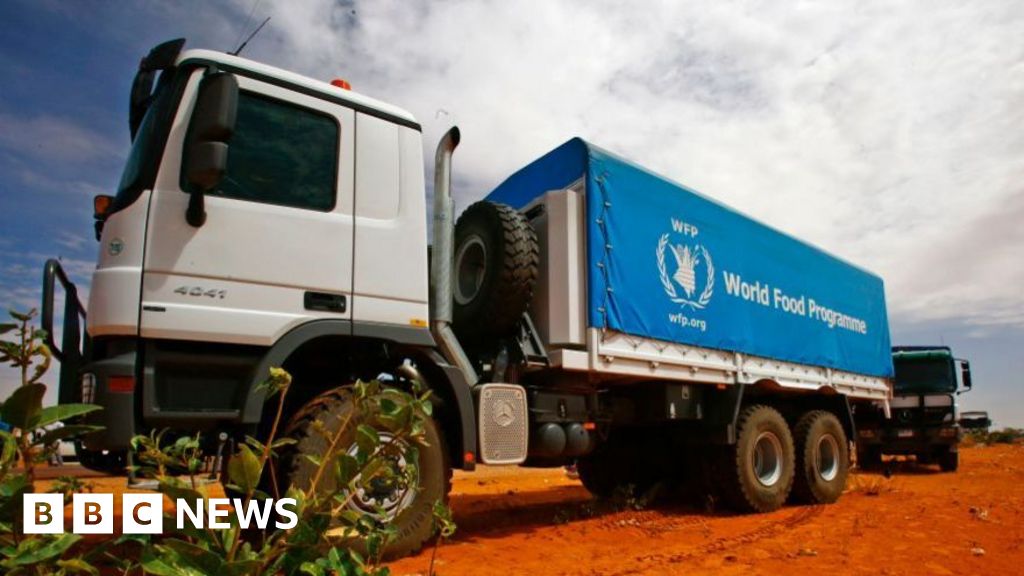
Introduction
The conflict in Sudan continues to escalate as the country's army denies allegations of bombing a World Food Programme (WFP) convoy in Darfur. According to the WFP, three of the 16 lorries in the convoy were damaged and caught fire, causing a significant setback in providing aid to the region. This incident has sparked outrage and raised concerns about the safety of humanitarian workers in the area.
Impact on Aid Efforts
The WFP has been providing essential food assistance to millions of people in Sudan, especially in conflict-affected areas like Darfur. This attack on the convoy not only hinders the delivery of aid but also puts the lives of aid workers at risk. It is crucial for all parties involved in the conflict to ensure the safety and security of humanitarian workers to continue providing much-needed aid to vulnerable communities.
The Need for Accountability
This recent attack on the WFP convoy is just one example of the ongoing violence and instability in Sudan. The country has been facing a humanitarian crisis for years, with millions of people in need of assistance. It is essential for the Sudanese government and rebel groups to be held accountable for their actions and to work towards a peaceful resolution to the conflict.
About the Organizations Mentioned
World Food Programme
## World Food Programme Overview The **World Food Programme (WFP)** is the largest humanitarian organization globally, dedicated to providing food assistance and achieving **zero hunger by 2030**, aligning with the United Nations' Sustainable Development Goal 2. Founded in 1961, WFP operates in over 120 countries, supporting millions of people annually through emergency relief, nutrition programs, and sustainable development initiatives. ### History and Key Achievements WFP was established following the 1960 Food and Agriculture Organization (FAO) Conference, initially as a three-year experimental program. It became a permanent entity in 1965. Notably, WFP was awarded the **Nobel Peace Prize in 2020** for its efforts to prevent the use of food as a weapon of war and for providing food assistance in conflict zones. ### Current Status and Programs - **Nutrition and School Meals**: WFP focuses on addressing malnutrition, particularly in the first 1,000 days of life, and supports school meal programs that improve children's health and education. In 2024, it provided meals to 20 million schoolchildren in 61 countries[1]. - **Smallholder Farmers**: WFP supports small-scale farmers by enhancing their business skills and market access, contributing significantly to local economies[1]. - **Emergency Response**: WFP is equipped with a vast logistics network, including trucks, ships, and planes, to deliver food during crises[5]. ### Notable Aspects - **Partnerships**: WFP collaborates with over 1,000 NGOs and governments to achieve its goals[5]. - **Sustainability**: It emphasizes building resilience against climate change and supporting sustainable agriculture practices[7]. - **Global Impact**: WFP distributed more than 15 billion meals annually and supported over 152 million people in 2023[4][5]. Its work is pivotal in addressing global hunger and promoting sustainable food systems.


